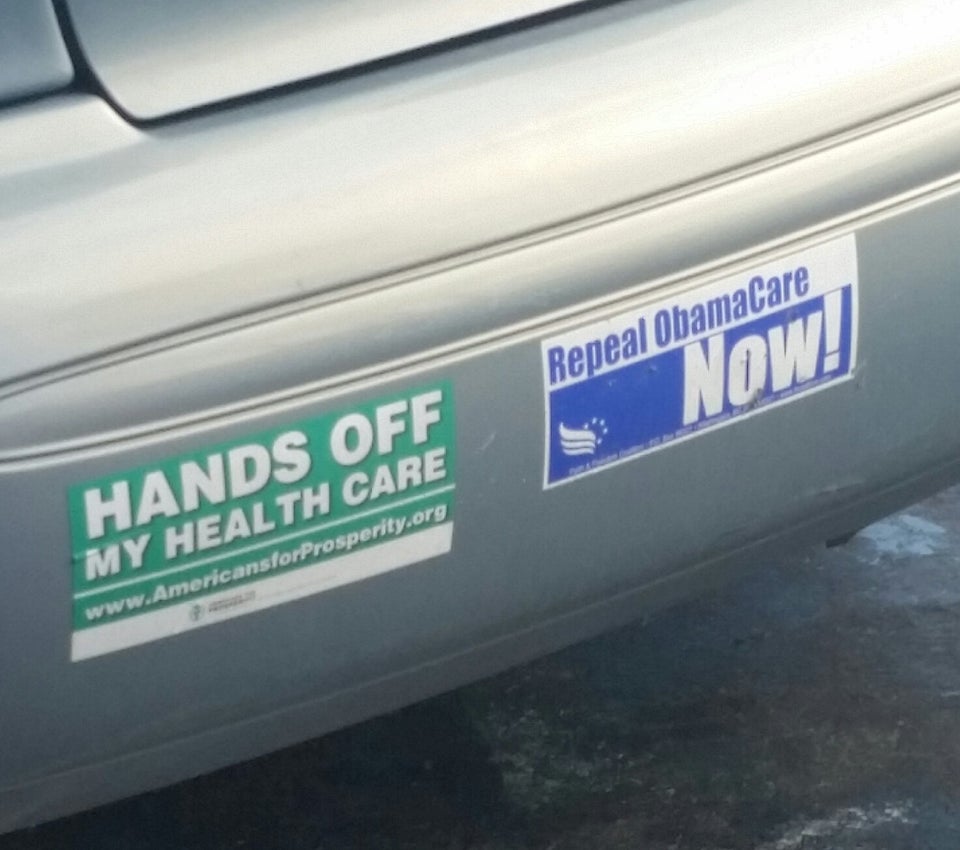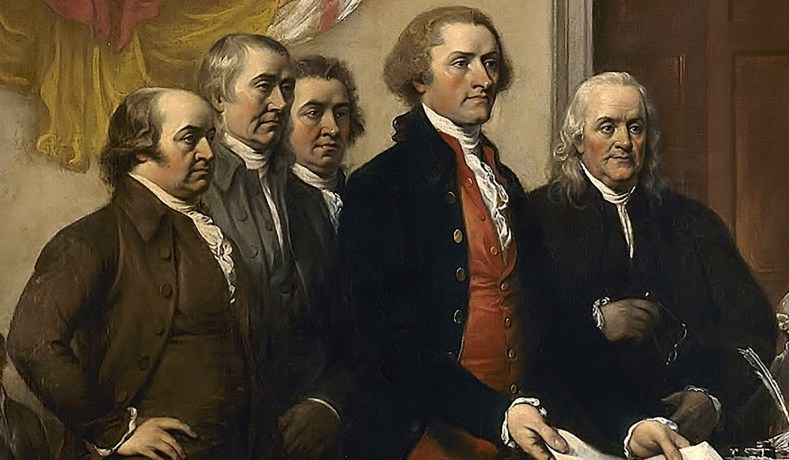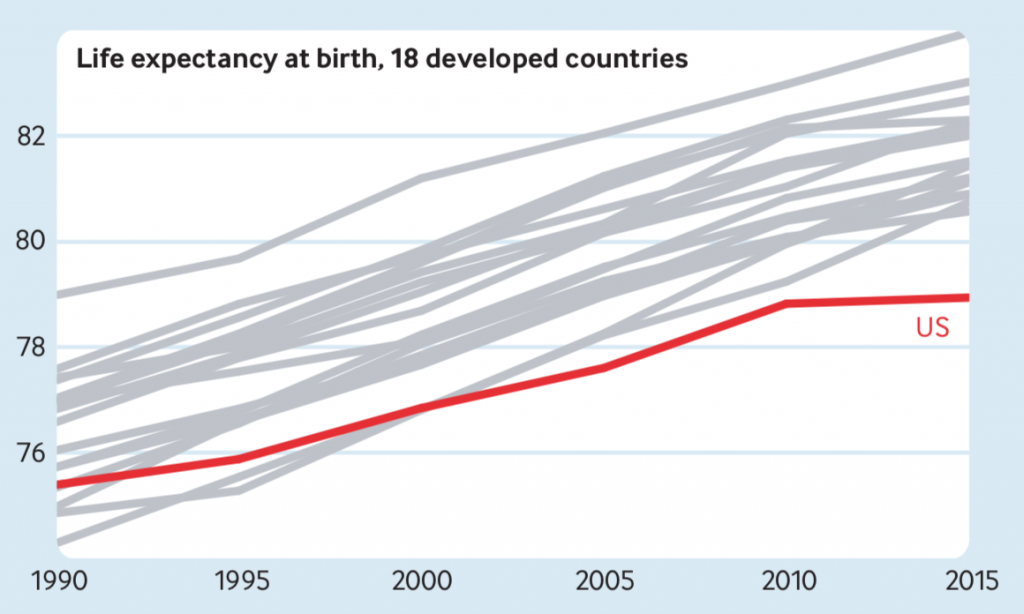
I understand what the proponents for “medical marijuana” are doing as they file their proposed initiative for medical marijuana in Idaho. They want to bring legitimacy to the demon herb. They want to normalize, medicalize, and eventually legalize a current banned substance. I support their goals. I just can’t support doing it on the back of the medical profession.
We medical prescribers have demonstrated time and again we are not capable of appropriately prescribing even formulated narcotics for which we receive training. We were taught the neurophysiology of narcotic receptors. We were taught the natural response to long term use of narcotics: how the body changes the number of receptors to allow tolerance to the drugs, and how the sensitivity of those receptors can change. Despite all this education we physicians were complicit in the greatly expanded use of narcotics and the tragic increase in deaths from accidental overdose from these legally prescribed substances. My profession carries much blame for this and it burdens me.
But just because we physicians didn’t prescribe opioids in a healthy manner doesn’t mean we couldn’t do better with marijuana. There is no doubt marijuana is much less lethal than narcotics. Maybe this old dog will have to learn some new tricks.
There is research supporting the use of marijuana for some medical conditions. It seems to help some folks with chronic pain, nausea, weight loss, seizures and a host of others. Many states where medical marijuana is legal specify diagnoses that qualify for prescribing. Some states limit the strength of the herb. I guess I shouldn’t whine about the state regulating medical practice when they give me a near monopoly through statute.
But really, isn’t this just an attempt to get a population comfortable with legalization? Many states have moved from medical marijuana on to recreational, which is, I believe what we should be talking about.
I guess there’s precedent. During prohibition doctors were authorized to write prescriptions for alcohol for their patients by the US Treasury. It’s widely agreed the practice was bogus, since there is little evidence to support any “medicinal spirits” use. But us doctors don’t always need evidence, do we?
Idaho is surrounded by states that have legalized either recreational or medical use. Indeed, Idaho is one of only three states in which marijuana is prohibited. The production, regulation, sale and taxation of the substance has proved manageable for our neighbors, even if the Federal government still deems the substance illegal. Our neighbor states are committing an act of “nullification”, something Idaho lawmakers embraced when health insurance was mandated. But Idaho lawmakers don’t feel the need to rebel on this issue. Isn’t it ironic that Idaho’s conservatives would be willing to “nullify” the US Constitution over access to healthcare, but condemn our neighbor states for their “nullification” of Federal marijuana laws?
I’m not opposed to the legalization of marijuana. What is most depressing about the situation here in Idaho is that time and again our lawmakers can’t have substantive discussions of public policy issues staring them in the face.
I guess that’s what the initiative process is for. Medicaid expansion got the support of the people, though many legislators still gag on the issue. While some saw this last legislative session’s attempt to make initiatives in Idaho impossible was “payback” for getting Medicaid Expansion approved, more likely it was to thwart this medical marijuana initiative.
The real issue to be discussed is whether we should legalize the use of marijuana. The “baby step” of medical marijuana instead proposes to regulate the medical profession because we can’t honestly discuss the real issue; legalization of marijuana for individual use at their own discretion. Such weak courage and poor leadership we get from those we elect may just reflect our own cowardice. Don’t let it. Let’s light up the discussion.











